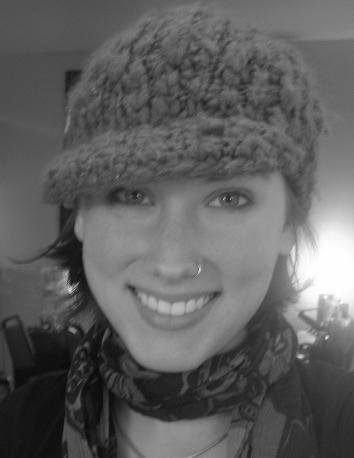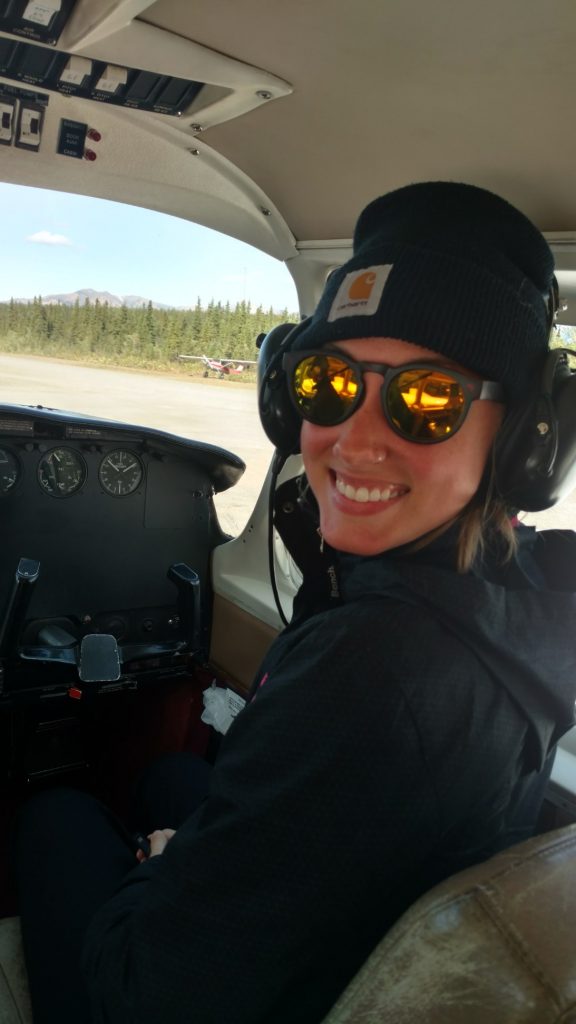When I began graduate school at New York University, after completing a BA at Ithaca College, I experienced a number of jarring realizations. There were some that were probably typical of most graduate students newly arrived to NYU: security is tight, NYC is an extraordinarily distracting (and expensive) city to be a grad student in, definitely avoid the West Village on Friday nights, and do not tell your colleagues you are at the library if you are actually there to get work done.
But the one realization that struck me most profoundly was how unusual and remarkably rich my experience was as a student at IC. The moment I realized this, I felt disappointment and gratitude simultaneously – it was not always like this, but it should be. And I was so fortunate to have had the experience I did. I largely have Asma to thank.
During my time taking classes with Asma at IC, she taught me some of the hardest lessons I’ve learned to date, lessons that kept me up at night, political lessons and personal lessons and academic lessons. She spared me none of them, no matter how painful: to me, the fiercest and kindest thing she could have done. Then, she stayed with me while I struggled to put new realities back together, again and again. And she continued to stay with me, through my graduate degree and until this very day.
The learning I had done with Asma had been so formative to my understanding of race, power, Islamophobia, and their myriad intersections, that I asked her to advise my MA thesis in Near Eastern Studies from afar. She agreed. For months, Asma and I walked a journey of critical inquiry together, one that often felt like her poking holes in my arguments and me trying to explain myself – and often, realizing that I couldn’t and going back to the drawing board. Yet it was precisely because of this process that I took so much from the practice of writing my thesis, that I came to understand my questions with clarity, and that I produced work that I learned from and was proud of. It taught me that the learning is in the journey; the product is simply the fruit. I was learning, once again and still, how to think.
That shared journey, that collective agreement to seek understanding together, to live together in questions unanswered and to struggle in relationship, is invaluable. To have Asma not only as a friend and co-traveler, but as an advisor and a guide through that process, was a gift.
I often wondered how she was able to take such an investment in her students’ learning, how exhausting it must be, how frustrating. We ask a lot of our mentors – I certainly did. I often hope that we are able to give even a small part back to those who have invested in us, our learning, and our lives.
Today, I work in the field of international justice. My work primarily centers around efforts to achieve accountability for abuses of power, war crimes and crimes against humanity. It is work that is rarely fulfilling, and often leaves me with more questions than answers. But it is largely because of Asma that I know to ask the questions in the first place and, more importantly, what some of them are: how do we know what justice is? Who decides? How do we determine which abuses raise alarms, and which slip quietly – or loudly – outside the grasp of justice? Again, who decides? Who gets held accountable, and why?
We already know who decides.
Asma, you taught me, and continue to teach me, so much more than information; you taught me how to think, how to stay with the hard questions, how to hold myself accountable above anything else, and how to show up for those we care about time and time again. I can’t thank you enough for your support in so many ways. You have been my mentor, my teacher, and my dear friend. Thank you for walking with me on this journey.
—Brooke Reynolds

